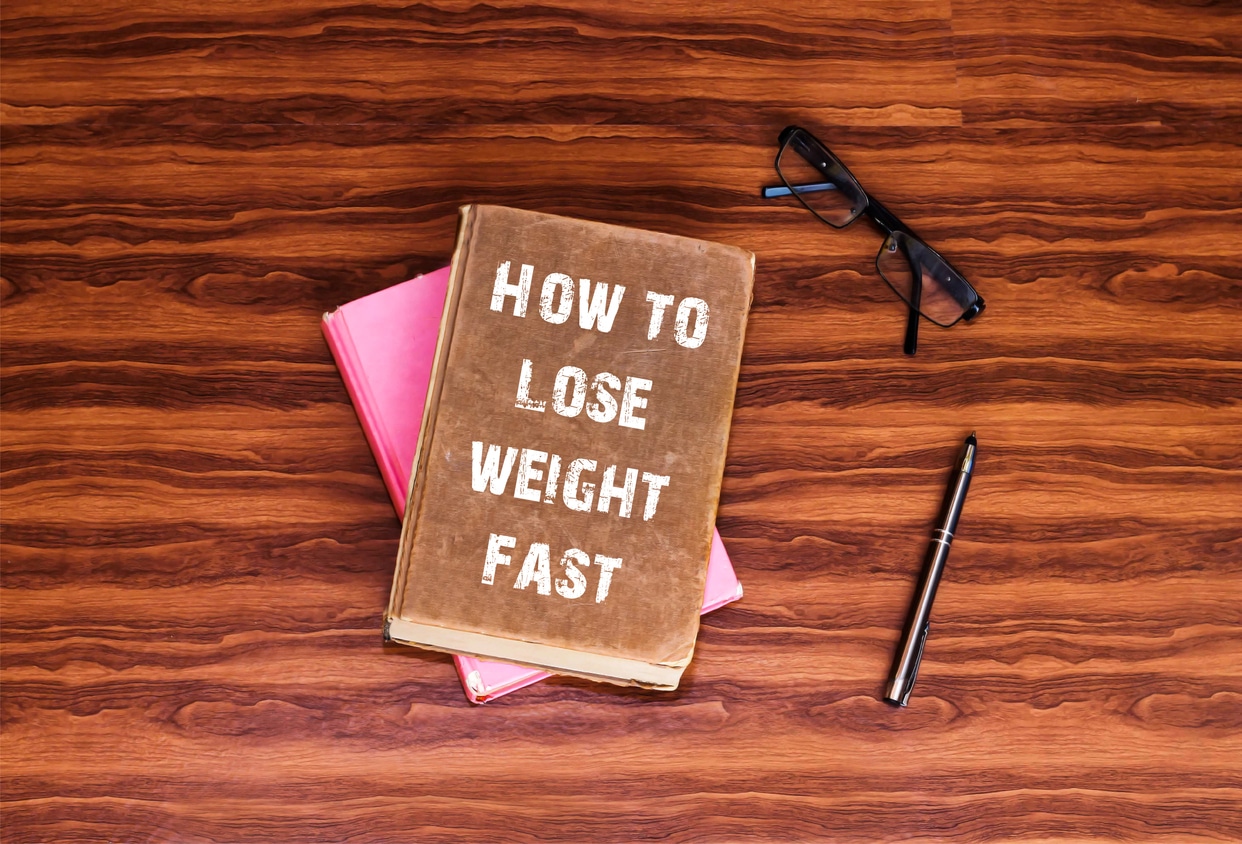The other day I had the pleasure of speaking with Kristin Mallon and Michelle Wispelwey on the Real Food Stories podcast. Kristin and Michelle are the pioneers and founders of FemGevity, a telemedicine company that is focused on women’s menopause health and longevity. We continued our talk after I stopped recording but I think what we discussed is worth sharing, and a good reminder if you are entering menopause or in perimenopause.
Trigger Warning
Be warned: you are a target for the diet industry. Menopause is an incredibly confusing time for women and the quack and gurus know this. Medical doctors especially, should be ashamed of themselves for promoting to a vulnerable population. Here are five important reasons why
Lack of Scientific Evidence
Quacky menopause diets often lack scientific evidence to support their claims. They may rely on anecdotal testimonials or pseudoscience, leading to misleading and potentially harmful recommendations.
Nutritional Deficiencies
These diets may restrict certain food groups or recommend excessive consumption of specific foods, leading to potential nutritional deficiencies. Menopause is a time when women require a well-balanced diet to support their changing hormonal and metabolic needs.
Health Risks
Following unproven diets can pose health risks. For example, some quacky diets may recommend excessive intake of certain herbs or supplements that could have adverse effects on hormone levels or interact with medications.
Delayed or Inadequate Treatment
Relying solely on unproven diets may lead to a delay or avoidance of evidence-based medical treatments. Menopausal symptoms such as hot flashes, mood changes, and osteoporosis require appropriate medical management to ensure the best possible outcomes.
The Emotional and Financial Burden
Women experiencing menopause may already be dealing with physical and emotional challenges. Promoting quacky diets can exploit vulnerable individuals by offering false promises and imposing unnecessary financial burdens on them. A lot of these diets encourage you to buy their unproven supplements and other products, for a high price.
The Takeaway
It’s important for doctors to base their recommendations on reliable scientific evidence and encourage women to seek guidance from qualified healthcare professionals for safe and effective management of menopause symptoms. If you get lured into a doctor-led diet that sounds not right to you, it probably isn’t.



